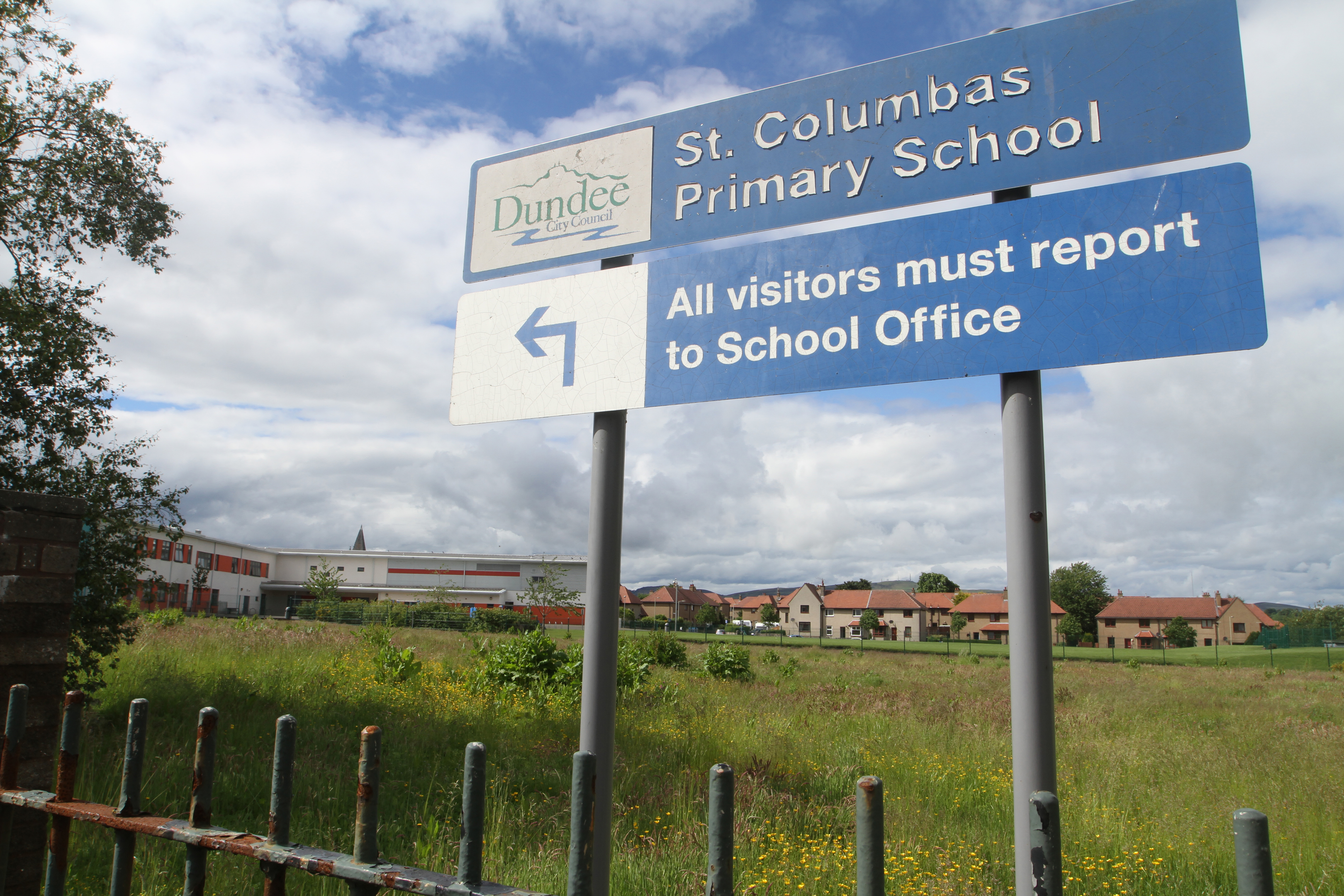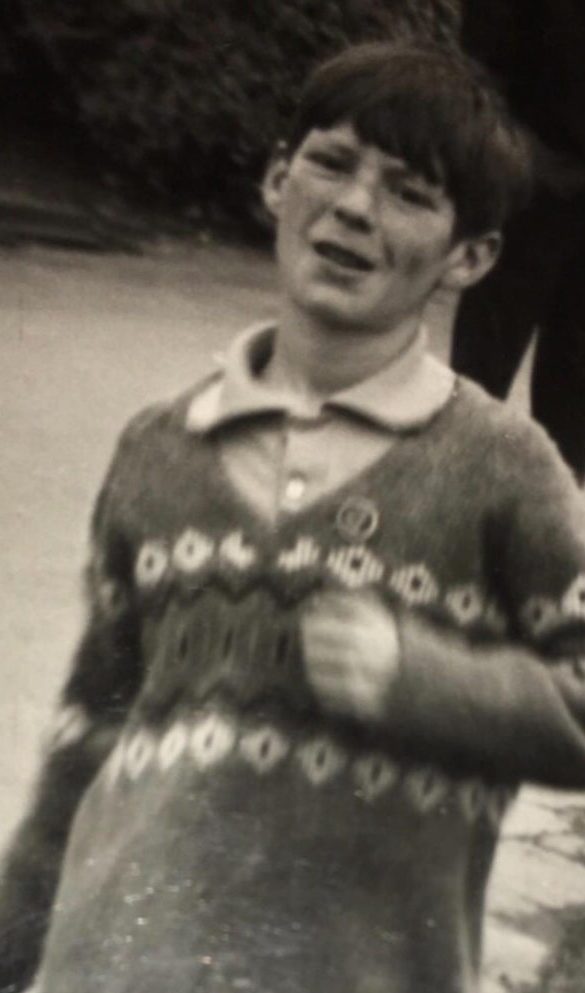I had a run past my old primary school earlier this week.
And I was delighted to see that the sorry, dilapidated-looking site which has lain vacant since it was demolished now features brand new and very desirable-looking semi-detached houses.
The old St Columba’s Primary School moved to become the new St Andrew’s school a mile up the road, leaving part of its old location to become the site of the new Downfield Primary School, but a fair chunk of land remained empty.
Now the derelict site has been brought to life and a long-established community has been revitalised, bringing new life to the area and helping to boost local shops and businesses.
The new houses, with their neat lines and gleaming, white-walled finishes, have given that part of Kirkton a big boost and it lifted my spirits to see the old place look so resplendent.
The changing face of the city is a fascinating one.
Growing up in Kirkton
I’ve seen the same happen in the bit of Charleston where my sister lives, and the freshness that newbuilds bring to long established areas of Dundee are welcome.
No city remains impervious to change and it’s good to see communities being re-energised and reinvigorated with new design and vibrant developments.
The trick of course is making sure they stay that way.
There’s nothing more depressing than passing a neat new housing development and seeing a few lazy tenants spoiling the entire look of the place, ruining all the hard work which has created a lovely wee oasis, with untended gardens where foot-high grass and unkempt rubbish is dumped in front of the houses.
Traditionally tenements and common closes had a factors appointed, and I know that as a boy when I grew up in Kirkton, cleaning of the landing and bin recess areas were strictly enforced.
Every household took a turn in sweeping the stairs and washing their bit of landing, and a wee wooden stick went through the letterbox of the neighbour whose turn on the stairs or bins it was next.
There was usually no need for any form of council enforcement in any case because there was a genuine sense of pride in the appearance and cleanliness of the common close entrance, as well as the landings and stairwells.
I wonder if, and I hope we do still do, retain those traditions of community which took common duties like sweeping the stairs very seriously.
We’ve all become very used to folk demanding and insisting on their rights in society, but along with those must be a sense of responsibility, duty and obligation.
Memories
I have a vivid memory as young boy of one character in the tenements opposite us who hadn’t paid his rent to the council.
Nicknamed Boab the Doag, he fancied himself as a bit of a local hardman.
But his tough façade fractured one day when he returned from the pub to find all his furniture and belongings dumped in the back green after the council had unceremoniously evicted him for failure to pay.
At the time it seemed to me and my pals very funny seeing a pile of bed linen, clothes, and furniture piled high in the back garden.
But although in modern times it may strike us as harsh, back then it was a sharp reminder there were duties to be observed in society – and one of them was paying your way or facing the consequences.
For Boab those consequences were starkly illustrated by his forlorn furnishings.
He found he could spend his money on drink or his rent, but not on both.














Conversation